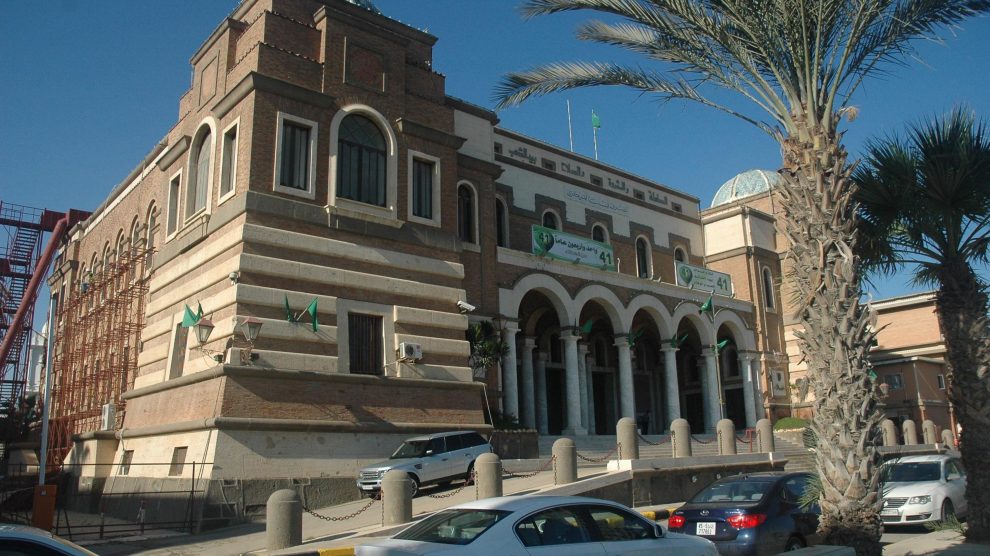Driving the news. Renewed violence in Tripoli following the assassination of militia leader Abdel Ghani al-Kikli has reignited fears over Libya’s long-term stability.
- This is a critical concern for European actors like Italy, which rely on a secure Libya for energy flows and migration control.
What’s happening. On Tuesday, the Libyan Government of National Unity (GNU) announced complete control over Tripoli’s Abu Salim district, after heavy fighting and the reported assassination of al-Kikli in what appears to have been a targeted ambush.
- GNU Prime Minister Abdulhamid Dbeibah praised the operation as “a decisive step toward eliminating irregular groups” and reinforcing state authority.
- He added that the outcome “confirms that legitimate institutions are capable of protecting the nation and preserving the dignity of its citizens.”
International response. The embassies of France, Germany, Italy, the UK, and the US jointly expressed “deep concern about the recent violence in Tripoli,” calling for immediate calm and the protection of civilians.
- The five countries welcomed reports of a ceasefire and urged that it be “fully and unconditionally respected.”
- The United Nations Support Mission in Libya (UNSMIL) called the violence “deeply alarming,” warning it placed “countless civilians at grave risk” and demanding an “immediate, unconditional ceasefire in all populated areas.”
Italy’s position. The Italian Embassy in Tripoli remains fully operational with its staff present and reachable by phone.
- Sources from the Foreign Minister said about one hundred Italians were evacuated from Misrata on a flight to Fiumicino and “are safe.”
Expert’s take. Arturo Varvelli, head of the Rome office of the European Council on Foreign Relations, sees the crisis as a symptom of long-neglected structural instability, as “The international community looked the other way—until the problems came knocking.”
- Varvelli points to a turning point when Libya’s financial institutions, once insulated from political conflict, became contested spaces: “That was the signal the crisis was evolving.”
- He notes that Dbeibah is attempting to “centralise force under a stronger, vertical leadership”—but faces resistance from militias unwilling to surrender local control.
- “We’re at a crossroads,” he adds. “Either Dbeibah consolidates power, or violence and fragmentation intensify—and Tripoli alone could tip the balance.”
Between the lines. According to Dario Cristiani (German Marshall Fund) and Karim Mezran (Atlantic Council), the killing of al-Kikli and the crackdown on Tripoli’s militias mark a turning point in Prime Minister Dbeibah’s effort to centralise power.
- This could either stabilise the capital or trigger wider unrest.
What we’re watching. Whether the ceasefire holds amid ongoing tensions.
- Possible retaliation from remaining Tripoli-based militias like the SDF.
- How far Dbeibah is willing to push to neutralise non-aligned armed groups remains to be seen.
- External actors could exploit rising internal tensions.
- For example, Russia has previously used Libya as a springboard for influence in Africa and destabilising Southern Europe.





